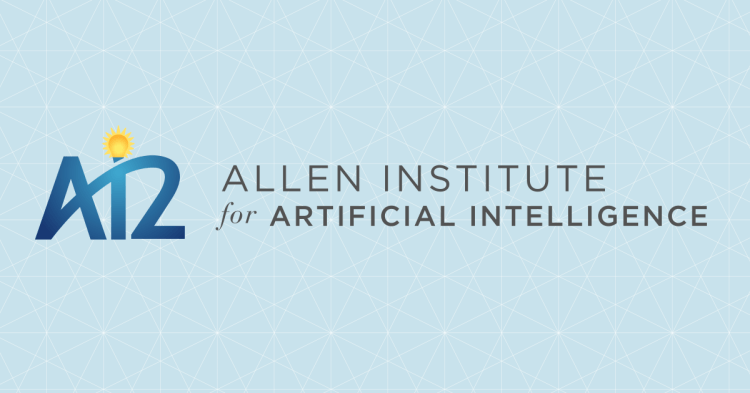Want smarter insights in your inbox? Sign up for our weekly newsletters to get only what matters to enterprise AI, data, and security leaders. Subscribe Now
The Allen Institute for Artificial Intelligence (AI2), a research center and startup incubator created by Microsoft cofounder Paul Allen, announced a new residency program that aims to give top engineers the intensive training needed to become technical cofounders of AI startups.
Here’s how it works: The organization will recruit a handful of top engineers for the program and provide them with a modest salary while preparing them to become the technical cofounder of a startup that uses artificial intelligence as a key part of its product. At the end of that process, which is expected to last 12 to 18 months, they’ll be paired with an entrepreneur and given cofounder equity in a new venture that they begin.
The program is powered by the Institute’s AI researchers, who will be helping the residents on their journey to become cofounders. Think of it a bit like graduate school, except that instead of graduating with a diploma, participants will graduate with equity.
The Allen Institute is seeking to capitalize on a wave of innovation that can help fuel the creation of new AI-based startups, while at the same time applying the expertise of its researchers and entrepreneurs in residence.
AI Scaling Hits Its Limits
Power caps, rising token costs, and inference delays are reshaping enterprise AI. Join our exclusive salon to discover how top teams are:
- Turning energy into a strategic advantage
- Architecting efficient inference for real throughput gains
- Unlocking competitive ROI with sustainable AI systems
Secure your spot to stay ahead: https://bit.ly/4mwGngO
Selecting the participants will be an interesting task, considering that the Institute has a ton of talent to pull from, both in its home of Seattle and beyond. The Institute will be on the lookout for engineers who mesh well with its existing crop of entrepreneurs, but it will also look for those it thinks will be a good fit for the program regardless, according to Jacob Colker, head of the organization’s incubator programs.
The institute plans to accept between just two and five engineers for the first round, as it fine-tunes the program’s structure. After that, Colker said the institute will scale up the number of participants significantly.


